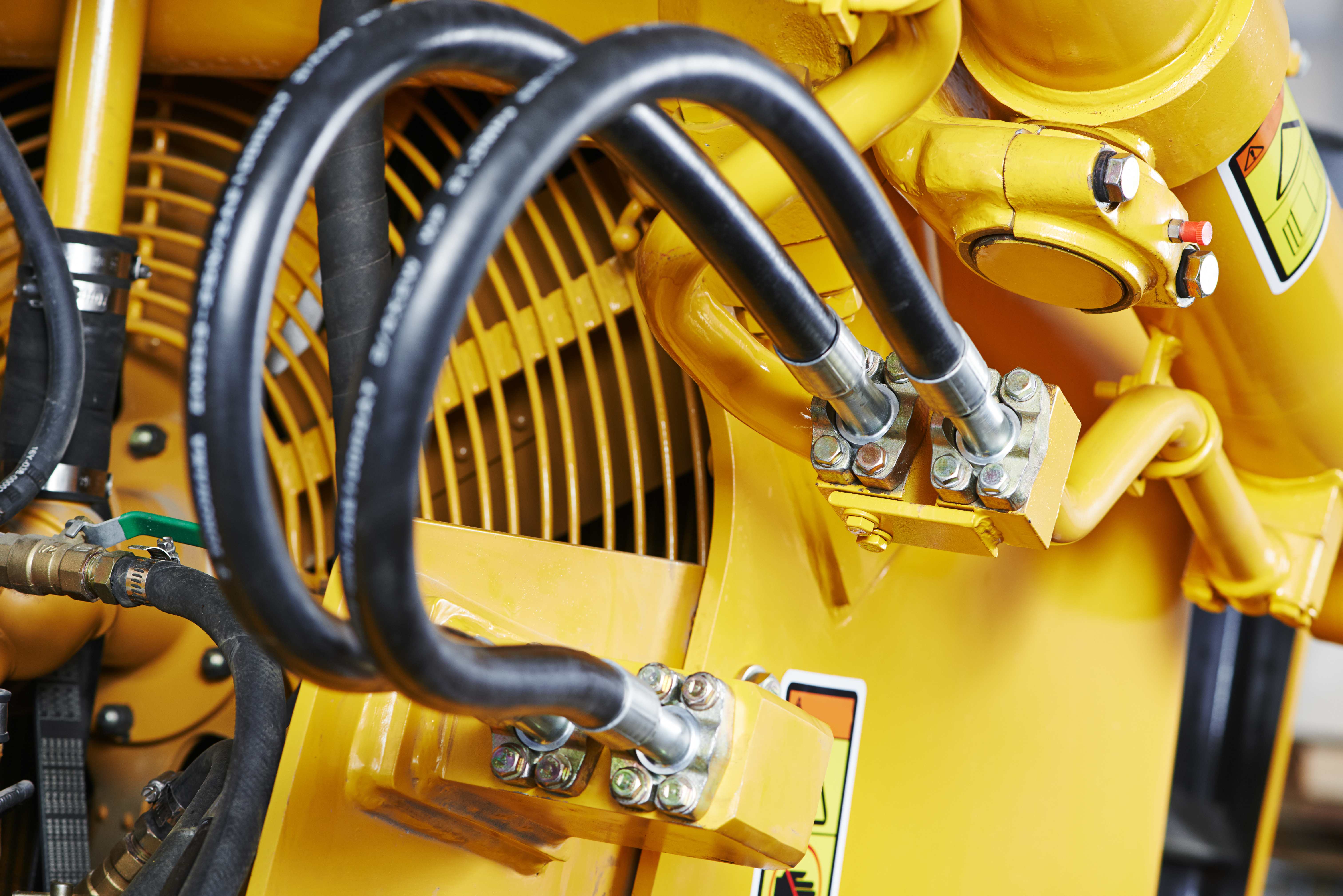13 Things You Should Know About Hydraulic Oils
The right hydraulic oil reduces energy loss
Choosing an oil gives the right properties, especially in terms of viscosity. An oil with lower viscosity is easier to mover around the hydraulic system. Therefore, it reduces energy and saving money. Many people choose a more viscous oil out of habit, but this is an area worth reflecting on to achieve lubrication optimization and reduce costs.
You can eliminate the need for heaters in the hydraulic reserve
Many of the technical systems remain outside throughout the year. For this type of system, choose a hydraulic oil that can withstand low temperatures and can eliminate the need for heaters in the hydraulic reserve. Heaters use energy and are commonly sized from wrong size, reducing the life of the oil. With the right product, the systems will be activated when the cold starts.
However, this type of oil has a longer life and reduces energy consumption.
Viscosity is crucial in cold starts
Hydraulic oils with too high viscosity can cause problems in cold starts. A thick oil can damage the hydraulic pump, in the worst case a complete failure.
The solution is to use pipes with low viscosity. These ensure a reliable start, even during the cold season.
Ester-based oils are good cleaners
Dirt increases the risk of operational disruptions in the hydraulic system.
By choosing an ester-based oil you reduce this risk. Many of these products have a cleansing effect, while preventing the formation of varnish. Another advantage is that many of the ester-based oils have a longer life and better lubrication than mineral oils.
Cleanliness reduces the risk of operational disruptions
Especially in hydraulic systems with a high rotation rate. Just a small amount of soil pushed through the system is enough to cause disruption or damage. Therefore, it ensures that the system is clean by using the correct filter. It is also important to take care of the time to fill or al do anything to the system is just as important to keep dirt out.
Small amounts of water can cause problems
It is vital to keep the watertight away from hydraulic oil. This means that the water must be kept below 200ppm in a mineral oil. It ensures that the system has a filter with an unbreaking cartridge. This prevents condensation from forming, but also filtrates particles that can contaminate the oil.
Motor oil could cause major problems
Water can cause problems, but motor oil is devastating, with just a few small droplets they can nullify the properties of the hydraulic fluid. The fluid loses its ability to separate water, what it does instead of combining with the fluid and worsens performance. Therefore, it is essential to separate the containers to fill. Considering the different lubricants.
Degreasers also cause problems
Degreasers can also ruin the hydraulic oil, so be sure to rinse the parts of the machine that have contact with the degreaser carefully. Do not pressure wash the sensitive parts of a newly degreased system, this can push water and degreaser into holes or openings and contaminate the oil.
An increase in temperature could affect the life cycle
A mineral oil that has correct maintenance works at a maximum of 40 degrees Celsius, has a useful life of about 20 years. The service life is halved for every 10 degrees increase in temperature. It is very worth to keep the temperature low. This is relatively simple when regulating the cooling with the thermostat, but we must also ensure that the water or air-cooling system is clean and works properly.
Biodegradable products offer better performance
These products impact the environment less when there is a spill or leak event. Another advantage is that many biodegradable products offer better technical performance than normal mineral oils, as well as a longer life of use.
H1 oils should be used in the food industry
Speaking of food companies, pollution is a sensitive issue. There are hydraulic oils that are approved to be in contact with food – at levels no higher than 10 ppm. These products feature the NSF H1 standard and are known as H1 oils.
The effect of Diesel ruins hydraulic oil
Low pressure in a system can cause effect on the Diesel and ruin the oil. In low pressure systems, se gas bubbles can form in the oil. In the effect of Diesel, these bubbles ignite and cause a micro combustion, forming nitrogen oxide.
Over time, this darkens the oil, begins to generate a sour smell and the performance worsens. The pressure may increase if the oil is thicker. If the hydraulic suction pipe is undersized or if the pump is higher in relation to the hydraulic reserve.
Long pressure losses should be avoided
Pressure losses in a hydraulic system produce a heat effect that affects the life of the oil. A pressure loss can happen if the pressure relief device stays open and the pump does not work properly. This can be avoided by choosing the appropriate control pressure valve, which will prevent it from staying open, increasing the temperature.
Your FUCHS representative can also help you with the selection, considering all the unique requirements of your vehicle. You can contact us at any time.
